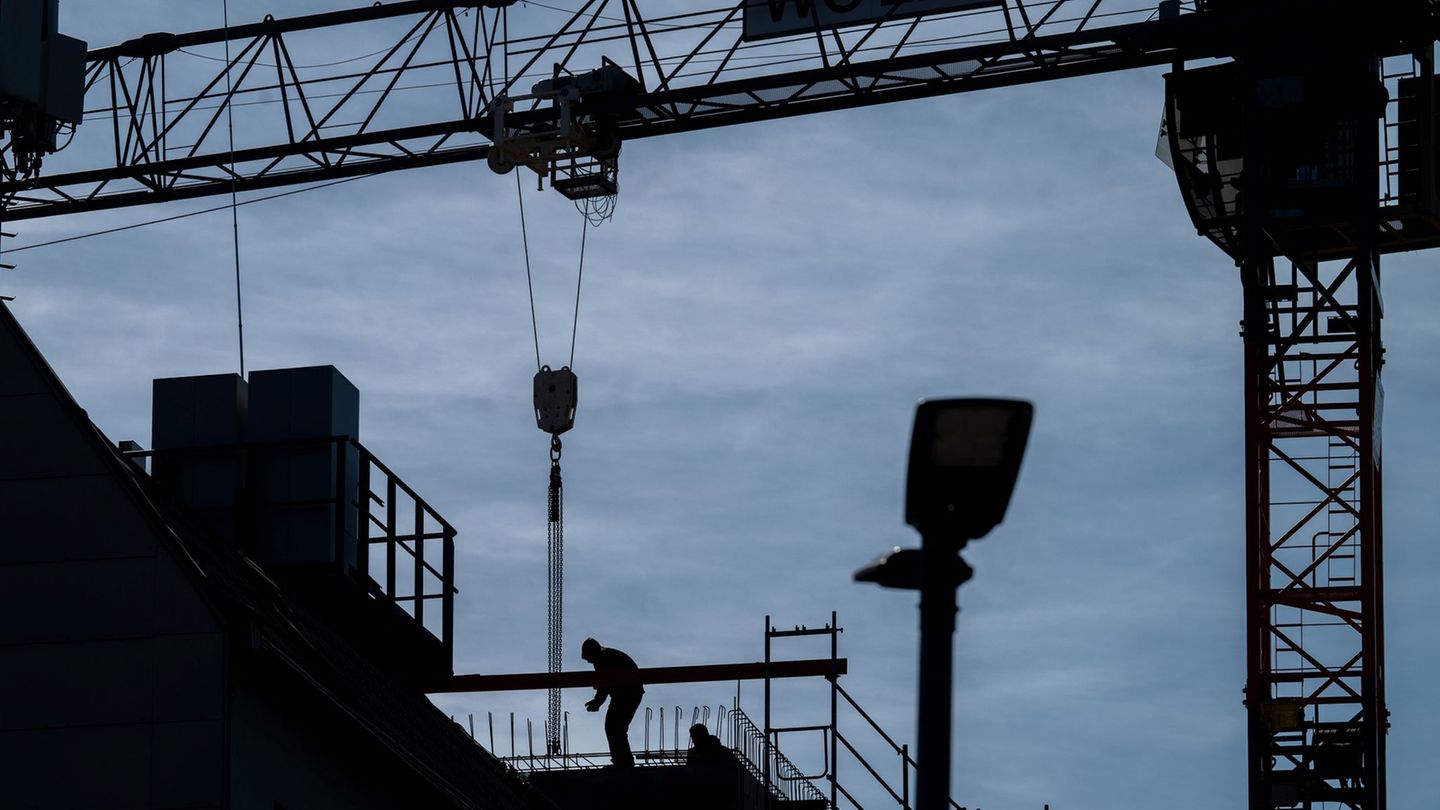With the new SIRA import system, purchases abroad fell 4% if energy is excluded. The companies that are in the agreement were one of the most benefited sectors.
With inflation that, based on the February data, could exceed 100% year-on-year, the Ministry of the Economy, headed by Sergio Massa, put imports as a “carrot” for companies to sign a semi-annual price agreement, with caps on price increases. 3.2% In just 4 months, the companies that are part of Precios Justos agreed to import for US$3.5 billion and were one of the few sectors with an “immediate” approval period.
The content you want to access is exclusive to subscribers.
This is clear from the first management report of the SIRA import system, released by the AFIP, Customs and the Ministry of Domestic and Foreign Trade, for the four-month period between October 2022 and February of this year. There it is established that since the SIRA replaced the previous SIMI mechanism, there were requests to import for US$35,386 million, and the Government authorized US$27,335 million, equivalent to 236,717 SIRA.


In this way, it can be seen that imports with the SIRA regime increased by 11%, if compared between October 22 and February 23 with the same period of the previous year. However, if fuel and energy imports are left out, they fell 4%. The economy advanced energy imports during the summer due to an improvement in international prices. In the monthly evolution, the authorizations are increasing throughout the months: in October they did not reach US$4,000 million, and for February they were close to US$7,000 million.
The Government looks very closely at who are the companies that ask to import. Of the 21,885 companies that made applications, 19,048 were authorized, leaving more than 2,800 companies outside the MULC. Of those authorized, 86% are small, 11% medium and 3% large. The large ones, taken as those that import amounts greater than US$10 million, had better approval percentages: 98% between what was authorized and requested and 87% was in the case of SMEs.
The official report shows which were the sectors with the highest number of approvals: those included in the requirements of communication 7622 of the Central Bank lead with US$6,286 million, such as pharmaceuticals or goods for public works, like the pipeline. It is followed by energy, with US$5,298 million, and in third place the Government groups the companies that are part of the Fair Prices agreement, which had authorizations for US$3,501 million. In all three cases, the approval period is listed as “immediate”, while in others, such as vehicles, it can be up to 120 days.
The advantage of the “green channel” to which companies that are within Fair Prices have access occurs in a context where meetings began between the firms and the Ministry of Domestic Trade to monitor the program, one month after its launch. There is a question that hovers over all companies that still none dares to ask: “Is the program going to be renegotiated with inflation at 6% and increase limits of 3%?”
Faced with this question, sources from the chamber of food companies (Copal) assured that the thermometer that will mark if they go out to publicly request the renegotiation will be the parity, since March and April is the high season of closures. “We do not want to make a self-fulfilling prophecy, but we are going to look at the costs, especially parity. Those that close in March will surely do so with the Government’s guideline of 60% per year, but I don’t know what will happen from mid-April onwards, with inflation in the first quarter that could reach 20%,” said an important businessman. Pablo Moyano, leader of the CGT, assured on Public TV: “I hope they close at 60% because it means that inflation is going down, but I don’t think many colleagues will accept it.”
From the Government they refuse to renegotiate Fair Prices, being that it was launched less than a month ago, and that it is one of the few price anchors. In addition, they held meetings with food companies from Copal and industrialists from the Argentine Industrial Union (UIA) in recent weeks to present the import report. There, they anticipated that they will reject the import projections made by the companies, an Excel document for all of 2023 that they are made to upload to the AFIP site at the beginning of the year.
Source: Ambito




